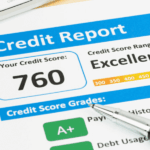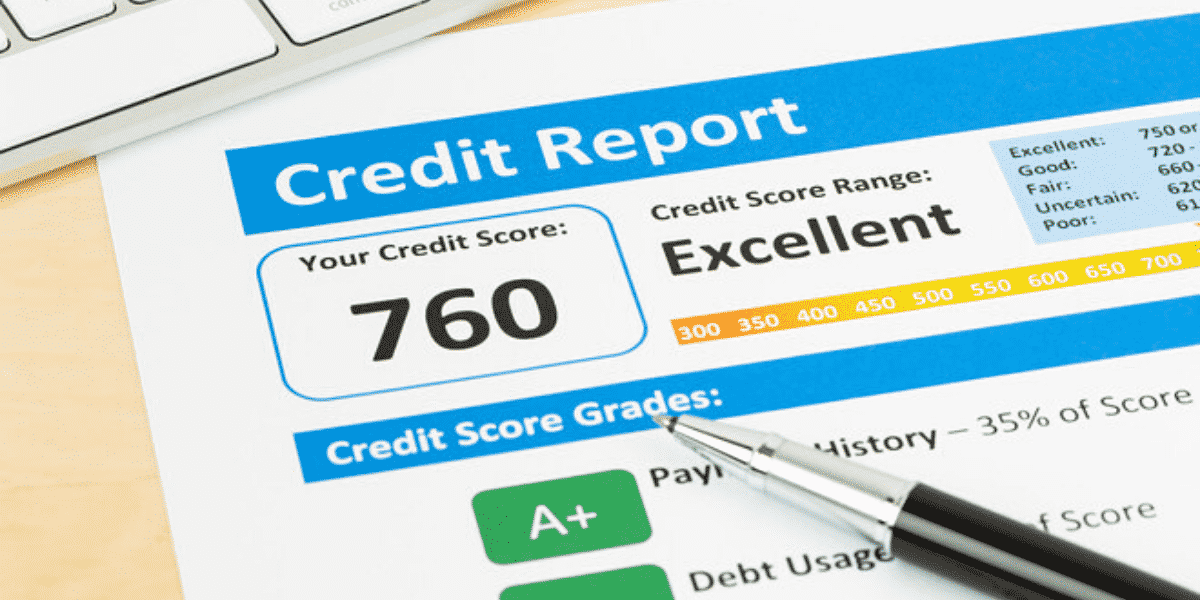People talk about credit scores all the time. It’s very common for people to set goals to increase their credit score, or get a specific credit score by a certain time. Read more on how credit scores affect interest rates?
But many people don’t know how credit scores work, or how your credit score affects the interest rates you get. There are a lot of misconceptions out there, so we want to clear that up for you.
What Is Your Credit Score?
Your credit score is a 3-digit number between 300 and 850 that represents how creditworthy you are as a borrower. The closer the number is to 850, the more creditworthy you are.
Creditworthiness is a measure of how likely you are to pay back your loan, plus interest. Lenders want to lend to people who are more creditworthy because it’s more likely that they’ll make money that way.
Credit scores are based on a formula developed by FICO which takes into account 5 major factors: payment history amounts owed, length of credit history, age of accounts, and credit mix. These factors combine to give an estimate of how likely someone is to pay back their debts.
Related: Why Maintain a High FICO Score?
How Does Your Credit Score Affect Interest Rate?
In general, the higher your credit score, the lower your interest rates will be. But it’s not a perfect sliding scale!
Credit scores are slotted into approximate categories: poor, fair, good, very good, and excellent. Lenders will have different interest rate ranges for each category and will consider your interest rate based on your credit score.
- Poor: 300-579
- Fair: 580-669
- Good: 670-739
- Very Good: 740-799
- Excellent: 800-850
Every lender considers its categories slightly differently. Not only that, but every lender will use different credit score formulas depending on what they use it for.
We Wrote An Article On Simple Credit Score Tips for Students
Do Other Factors Affect Your Interest Rate?
Absolutely. Other factors that may affect your interest rate include:
- The risk-free interest rate. The government sets risk-free interest rates, which are then calculated into prime rates. These changes are based on monetary policy, and you can’t influence them. It could be that your interest rate is lower just because you took out a loan at a different time than someone else.
- Reason for the loan. You’re more likely to get a lower rate for a student loan than a personal loan, even if they’re both loans of the same amount from the same lender.
- Type of loan. Revolving lines of credit generally have higher interest rates than a loan with a set dollar value.
- Collateral on the loan. Some loans require no collateral, whereas others might require collateral in the form of a car note or home equity. Loans that require collateral generally require lower interest rates.
- Term of the loan. Depending on the loan, shorter-term loans may have higher or lower interest rates than longer-term loans. This is heavily loan dependent though, so you’ll need to ask your bank to give you comparisons.
- Items on your credit report. Collections items and bankruptcies may influence a lender’s decision to lend to you, and at which interest rates.
Also Read: Multiple Collection Madness
The biggest factor, though, is which lender you decide to go with. Every lender has its own needs, and will thus give different interest rates. Still, the interest rates may come down if you maintain a good credit score.
If you’re trying to get the lowest interest rate on a loan, you should shop around and try to find a lender that fits your needs.


